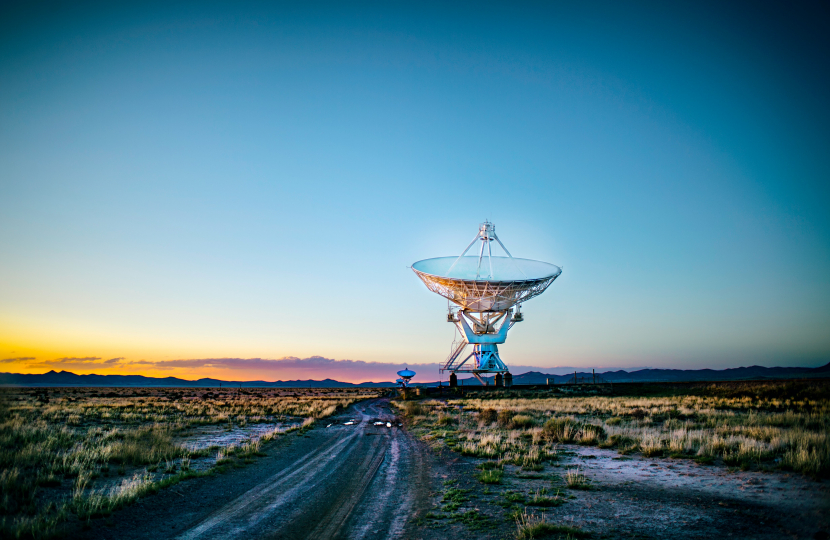
Science Minister Nusrat Ghani has unveiled a new £15 million fund for UK businesses to revolutionise satellite communications technology.
The competition, running until next spring, is open to organisations developing ambitious technologies across the satellite communications ecosystem. It will prioritise customer needs, support sustainable growth and catalyse further investment into the UK space sector, which already employs 47,000 people.
Ideas can focus on creating entire new satellite constellations, ground systems, or delivering new services to customers, and will be funded through the UK Space Agency’s leading role in the European Space Agency (ESA) Advanced Research in Telecommunications Services (ARTES) programme.
This new funding package is announced as the Science Minister travels to Rome, Italy, in her first space-focused visit overseas to meet ESA Director General Josef Aschbacher.
The meeting comes ahead of the ESA Council of Ministers (CMIN22) next month where the UK and other member states will negotiate their future contributions to ESA for priority space projects and missions.
Science Minister Nusrat Ghani said:
I am proud to be representing the UK space sector as we discuss our ambitions ahead of the ESA Council of Ministers next month. There are a series of important programmes on the table and I want to harness opportunities in space to grow the UK economy, create jobs and inspire young people into STEM careers.
We’re also making new funding available now to strengthen the UK’s position as a world leader in the satellite communications market, and I look forward to seeing the results of the competition.
The £15 million fund comes as a new report shows every £1 invested in ESA generates an overall return of £11.80 for the UK economy.
The Impact Evaluation of UK Investment in the European Space Agency also shows the UK is in the top three nations in terms of scientific output, with the USA and Germany. This is a measure of the publication rate per every £1 invested among key space-faring countries.
The UK’s role in ESA is an important part of delivering on the government’s ambitious National Space Strategy. The UK committed £374 million per year over five years to ESA in 2019 and this report looks at the impact of that investment in 2020 and 2021.
The ARTES programme is one of the UK Space Agency’s key commercial drivers for UK space sector growth and includes projects such as Eurostar Neo. UK involvement, which is expected to bring a 20:1 return on investment, will see new geostationary satellites developed by UK-based Airbus launched into space to provide better broadcast, internet and communications services around the world.
